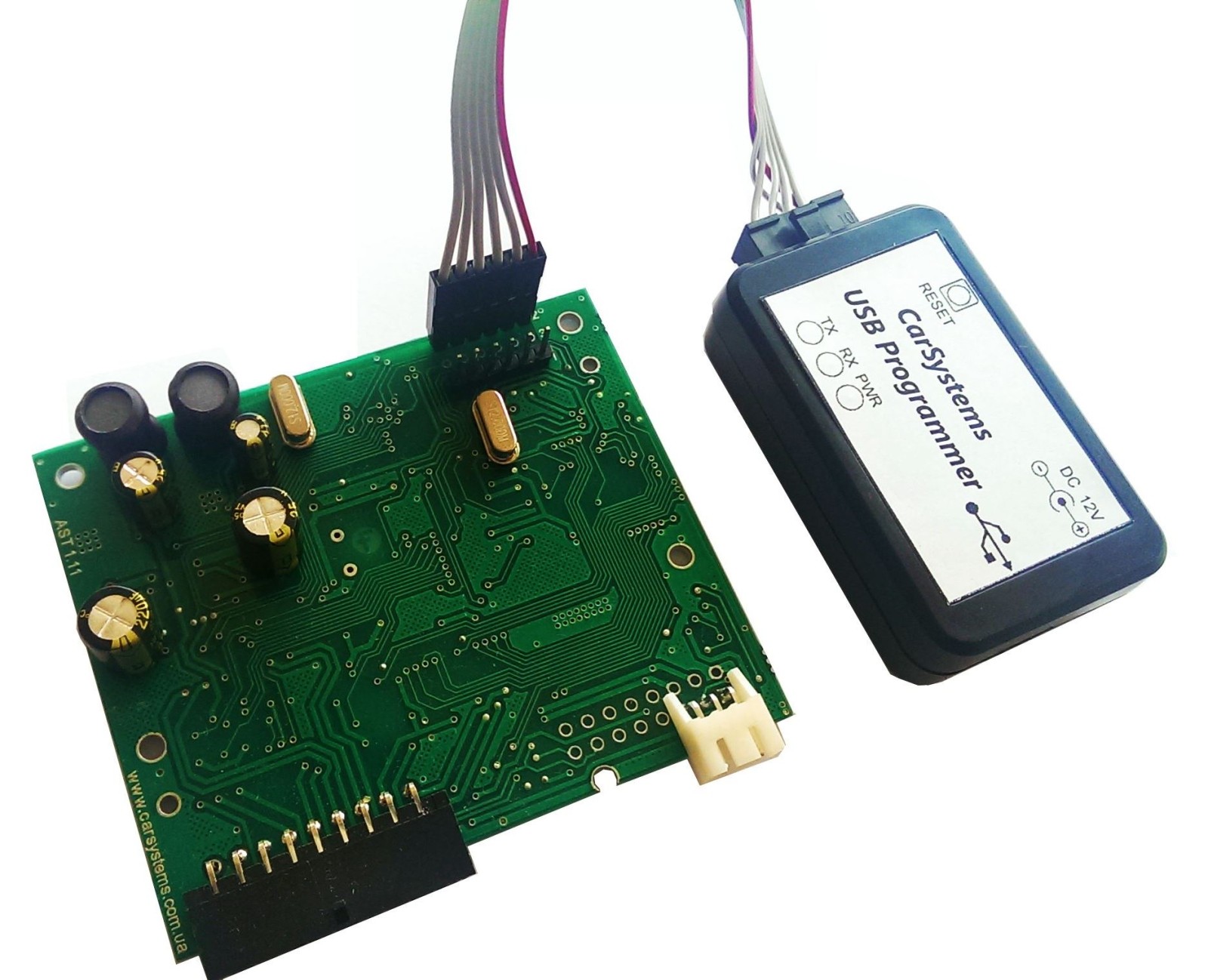The Technology Landscape of 2030: How Innovation Will Transform Lives and Business
Introduction: Anticipating a New Era of Technology
By 2030, the world will witness profound transformations driven by rapid technological evolution. From artificial intelligence (AI) and robotics to quantum computing and integrated smart grids, these advancements promise to redefine how we live, work, and interact. This article explores what technology will likely look like in 2030, drawing on authoritative predictions and current research, and provides actionable guidance for individuals and organizations aiming to leverage these innovations for future success.
Applied Artificial Intelligence: The Foundation of Future Business and Society
AI will be at the core of most technological progress by 2030. Organizations across industries are expected to adopt machine learning, computer vision, and natural language processing as foundational tools. AI will not only automate repetitive tasks but also enhance decision-making through predictive analytics and real-time optimization. By 2030, proficiency in technologies like Python, PyTorch, and TensorFlow will be crucial for the workforce, as AI integration becomes a baseline expectation for operations and competitiveness [1] .
For businesses preparing for this shift, consider investing in AI literacy programs and upskilling your team in relevant frameworks. Individuals aiming to stay competitive may benefit from enrolling in online AI courses or certifications offered by established platforms. When selecting educational resources, verify the provider’s credibility and focus on hands-on learning to build practical expertise.
Zero Latency Connectivity: The Next-Generation Internet
Expect to experience near-instantaneous connectivity thanks to widespread adoption of 6G cellular networks, Wi-Fi 6 and 7, and low-Earth orbit satellite internet. This “zero latency” environment will be essential for AI-driven services, immersive virtual experiences, and seamless global collaboration. Although true zero latency is technically unattainable, advances will bring data transfer speeds and responsiveness close to real-time [1] .
To prepare for this connectivity revolution, organizations should audit their current digital infrastructure and plan for upgrades compatible with emerging standards. Individuals can monitor announcements from leading telecom providers and government agencies for rollout timelines and coverage maps, ensuring they are among the first to access these new services.
Autonomous, Connected, Electric, and Shared (ACES) Vehicles
By 2030, the transportation sector will be transformed by the widespread adoption of ACES vehicles. Autonomous vehicles will use advanced sensors and AI to navigate roads safely; connectivity will enable vehicles to communicate with infrastructure and other cars; electrification will reduce emissions; and shared mobility platforms will optimize transportation efficiency [1] .
For individuals, this means greater convenience and lower transportation costs. Businesses in logistics and mobility should track advancements in vehicle automation standards and invest in fleet modernization. Regulatory developments will play a key role; stay informed by following updates from transportation authorities and recognized industry bodies. To access new mobility services, consider joining pilot programs or subscribing to established ride-sharing platforms as they expand autonomous offerings.
Robots Making Decisions and AI-to-AI Communication
Robots capable of autonomous decision-making will become prevalent in manufacturing, healthcare, logistics, and home environments. These intelligent systems will assess situations, adapt to changing conditions, and execute real-time decisions, reducing human error and increasing productivity. The robotics market is projected to exceed $250 billion by 2030, with AI-powered decision-making as a significant growth driver [2] .
To leverage these advances, organizations can pilot automation projects focused on repetitive or hazardous tasks. For household robots, monitor offerings from established electronics brands and read reviews from reputable technology publications. If you are interested in integrating robotics into your workflow, consult with automation specialists or reach out to your industry’s professional associations for guidance on the latest solutions and standards.
Immersive Digital Experiences: AR, VR, and Spatial Computing
By 2030, virtual reality (VR), augmented reality (AR), and spatial computing will transform remote work, education, and entertainment. Meetings may take place in virtual spaces with realistic avatars, and daily tasks could be managed through intuitive, gesture-based interfaces. Smart workplaces will use sensors and AI to personalize environments, making offices more ergonomic, efficient, and engaging [3] .

Source: snowlenita.blogspot.com
To take advantage of these technologies, individuals can explore VR and AR headsets from leading manufacturers or participate in virtual events offered by established business platforms. Organizations should evaluate how immersive technologies can enhance collaboration and consider piloting next-generation meeting solutions. For workplace integration, consult with IT specialists to ensure compatibility with existing infrastructure and prioritize platforms that support open standards for interoperability.
Integrated Smart Grids and Sustainable Energy Management
Energy infrastructure will undergo a significant transformation as integrated smart grids become the norm in developed countries. By 2030, automated sensors and monitoring devices will allow for optimal balancing of electricity demand and production, reducing waste and improving reliability. This shift will enable greater use of renewable energy sources and empower consumers to monitor and manage their energy consumption in real time [5] .
For homeowners and businesses, opportunities may be available to participate in grid modernization programs or install smart meters. To learn more, contact your local utility provider or consult the U.S. Department of Energy for updates on energy efficiency initiatives. When considering home energy upgrades, look for products certified by recognized standards bodies, such as ENERGY STAR.
Quantum Computing and the Quantum Internet
Quantum computing will likely move from research labs to practical applications by 2030, enabling breakthroughs in areas such as drug discovery, logistics optimization, and cybersecurity. The development of a quantum internet will revolutionize data security and communication, making information exchange faster and more secure than ever [4] .
While access to quantum computing resources may initially be limited to large organizations and research institutions, individuals interested in this field can follow updates from leading technology companies and academic research centers. To prepare, STEM students can pursue coursework in quantum information science, and IT professionals may benefit from introductory quantum programming tutorials available through reputable online learning platforms.

Source: wallpaperaccess.com
Ethical Considerations and Digital Trust
As technology advances, ethical issues around privacy, bias, and digital trust will intensify. By 2030, verifying the integrity and intent of AI systems will be a daily necessity, especially as digital companions and virtual agents become more common. Regulatory frameworks and ethical guidelines will continue to evolve, shaping how organizations deploy advanced technologies [4] .
Individuals can protect themselves by adopting strong cybersecurity practices and staying informed about data privacy rights. Organizations should follow best practices in AI ethics, including transparency, explainability, and regular audits. For the latest standards and guidance, consult agencies such as the National Institute of Standards and Technology (NIST) or recognized industry groups.
How to Prepare for the Technology Landscape of 2030
To thrive in this rapidly changing environment, it is essential to take proactive steps:
- Upskill : Pursue continuous learning in AI, robotics, data science, and digital literacy. Seek out programs from accredited institutions and stay current with emerging trends.
- Upgrade Infrastructure : Both households and organizations should plan for networking and hardware upgrades compatible with new standards in connectivity and automation.
- Monitor Regulatory Developments : Stay informed about new regulations in AI, privacy, and mobility by following updates from official agencies and industry groups.
- Engage with Pilot Programs : Many innovations will roll out via experimental programs. Express interest with local governments, utilities, or technology providers to participate.
- Prioritize Digital Trust : Adopt robust cybersecurity measures and prioritize transparency in technology use.
If you are unsure where to begin, consider searching for local technology meetups, professional associations, or government programs supporting digital transformation. For government programs, visit the official agency websites or search for their technology initiatives by name. For personalized recommendations, consult with technology professionals or career advisors specializing in future skills.
References
- [1] Pluralsight (2024). Technology in 2030: Top 20 big tech predictions.
- [2] Glance (2025). 7 Future Technology Trends Shaping the Future.
- [3] Envoy (2021). Predictions for 2030 and beyond.
- [4] YouTube (2025). The World in 2030: Top 20 Future Technologies.
- [5] FutureTimeline (2024). 2030 – Technology.



